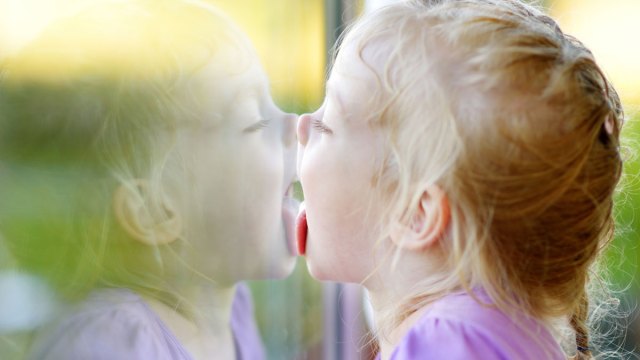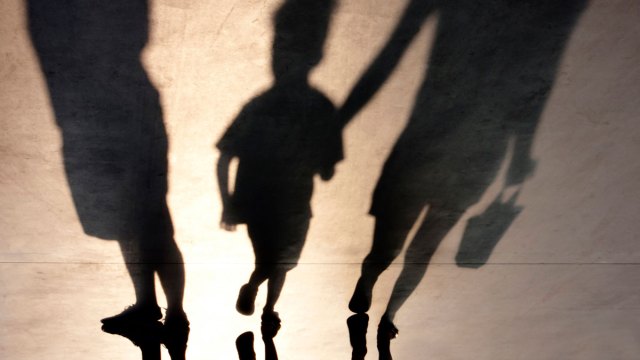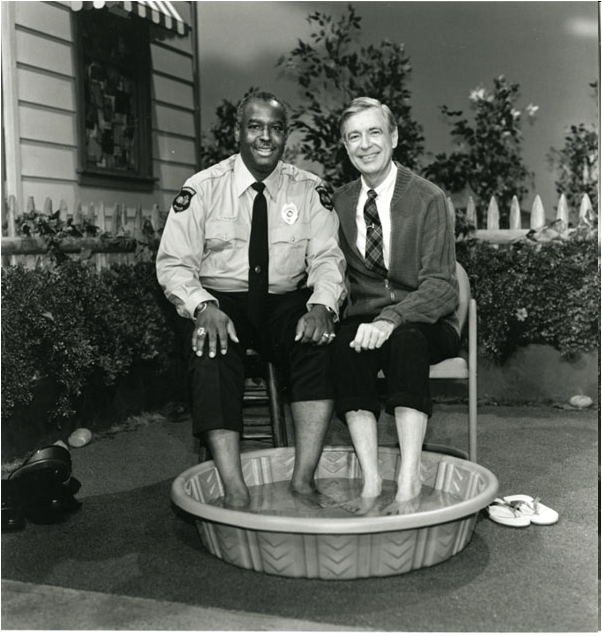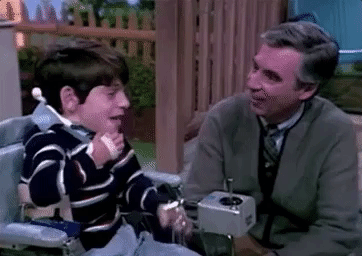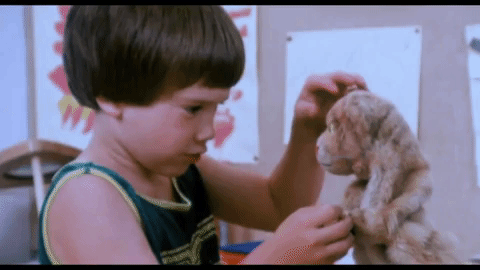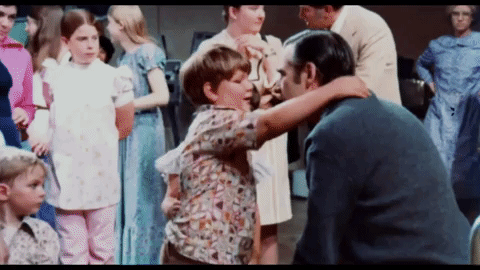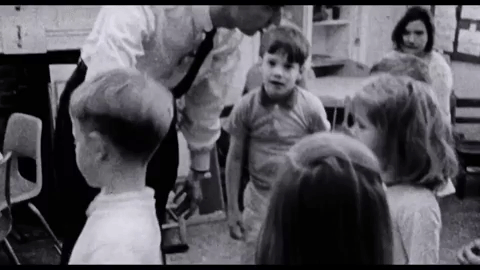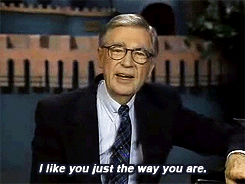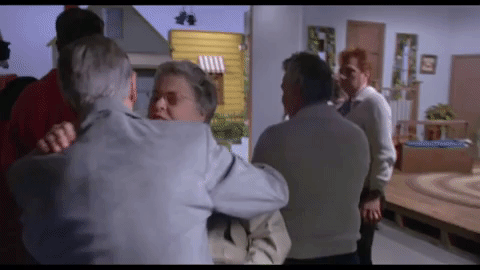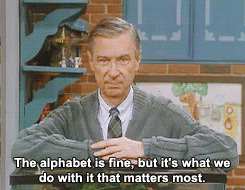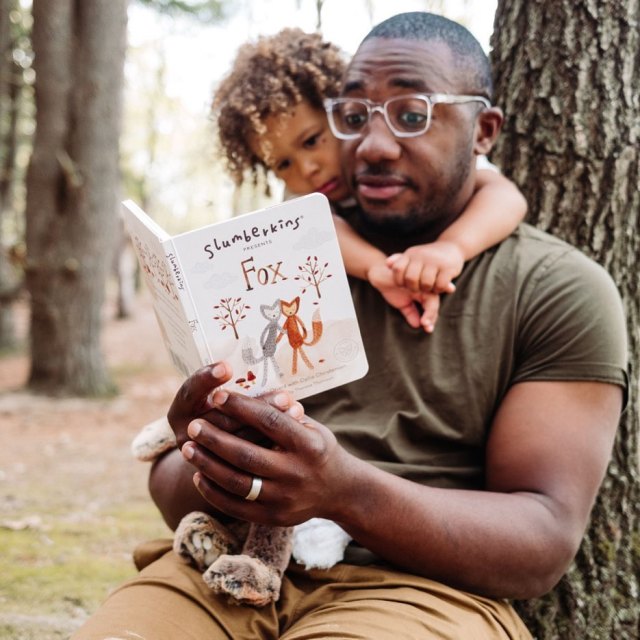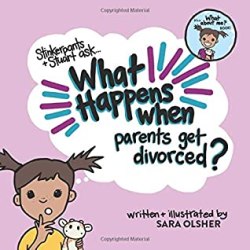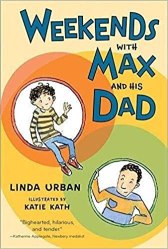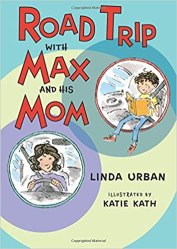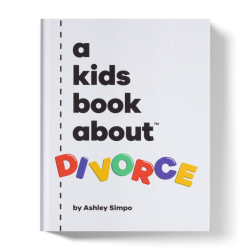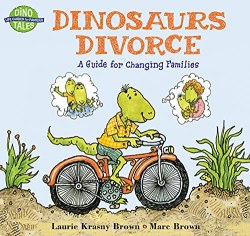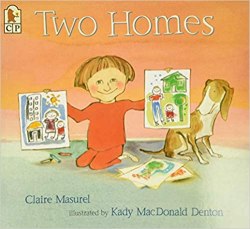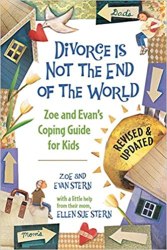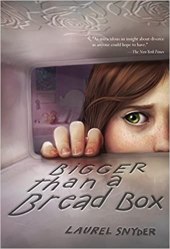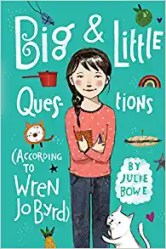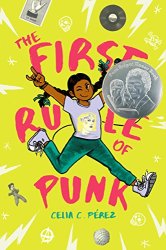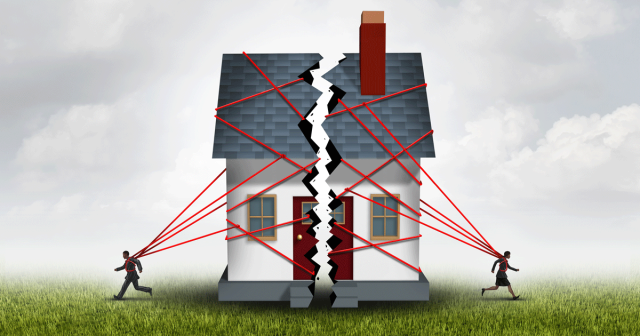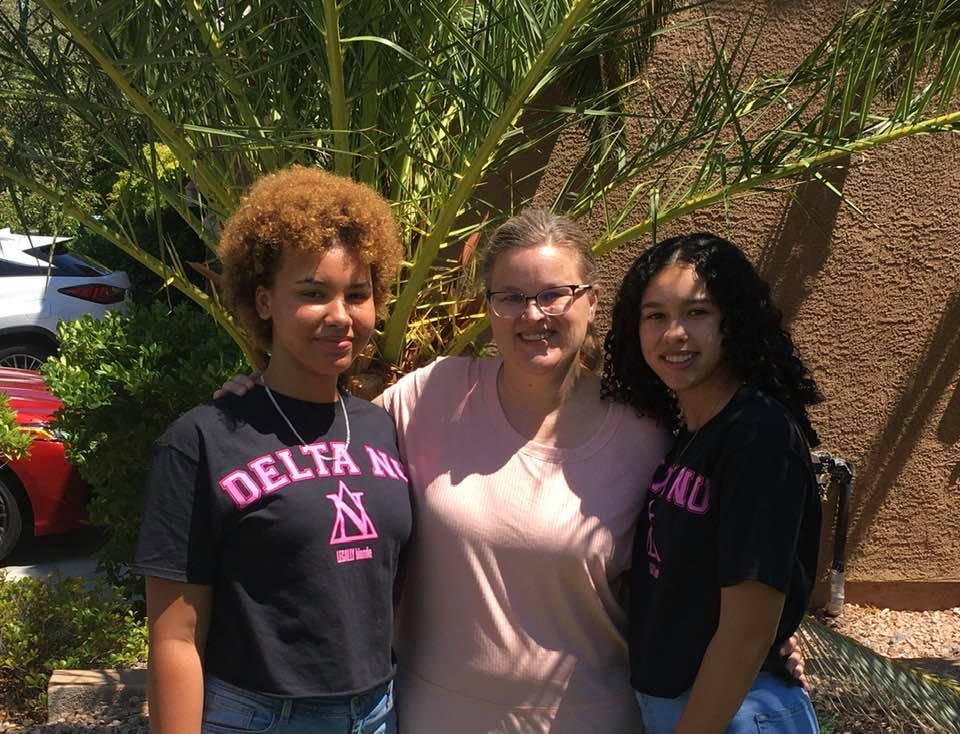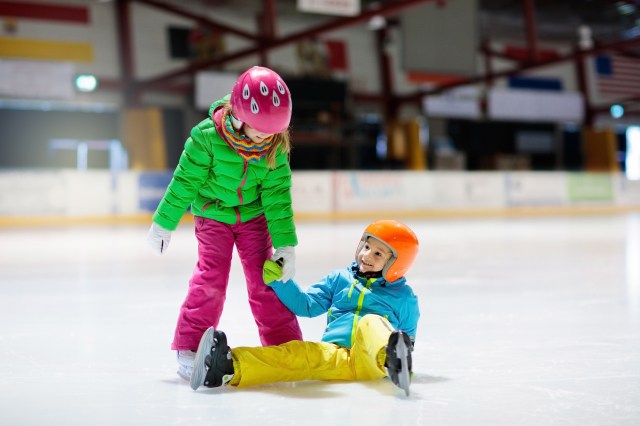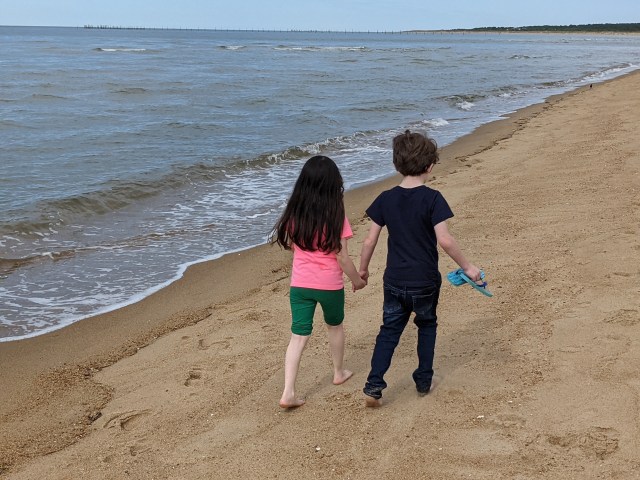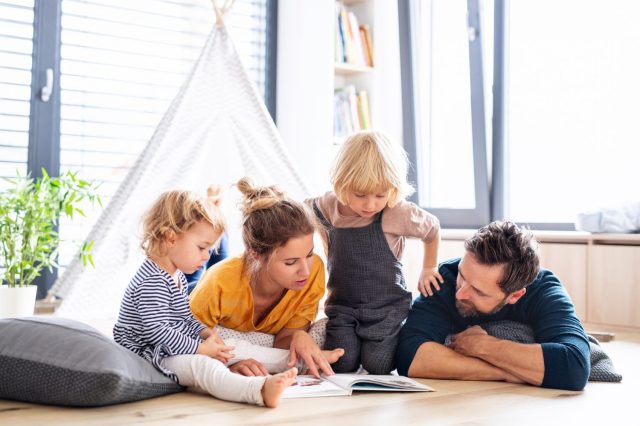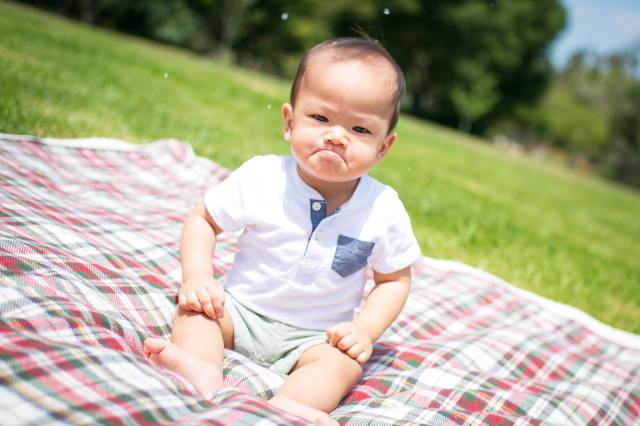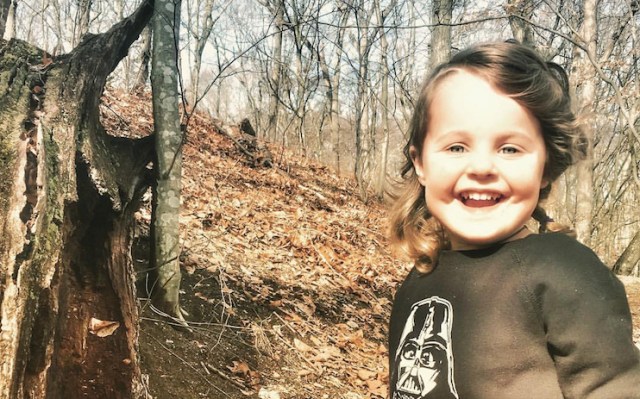You’re raising your girl to be responsible for what she says and does and to know when and how to give a sincere apology when she messes up. But is she apologizing more than she needs to?
Studies show women are more likely than men to presume they were in the wrong or think their own actions might have upset someone, and those patterns start early. There could be many reasons for this, but some think girls and women are quick to apologize because they’re taught to “keep the peace” and be nurturers who put the emotional wellbeing and happiness of others first.
So often, girls and women start talking by saying, “I’m sorry, but I feel like [fill in the blank]”—and that sentence structure can literally become a habit. The problem? When your girl apologizes for something that wasn’t her fault, others might start to see her as someone who is at fault. Someone whose shortcomings inconvenience others, even if that’s far from the case.
Read this list from Girl Scouts with your girl, and remind her that although it’s important to make amends when she’s truly done something wrong, apologizing when she hasn’t can undermine how others see her and damage her self-worth.
There’s No Need to Say “Sorry”…
1. When someone bumps into her. She has just as much of a right to take up space in this world as anyone else.
2. When she tried her best. Maybe she didn’t win the science fair or make the basketball team, and that’s OK. Nobody’s perfect.
3. When she’s not feeling well, even if it messes up plans for others. It’s not like she went around looking for germs. Help her focus on getting better instead of apologizing.
4. For leaving when someone makes her feel uncomfortable or unsafe. One of the most important things to explain to your girl is that she doesn’t need to “be polite” or stay in the same vicinity as someone who makes her feel uncomfortable or unsafe. She just needs to get out of there and tell a caring adult as fast as possible.
5. For her feelings. Some might be uncomfortable with your girl’s anger, sadness, or disappointment, but that doesn’t mean those feelings are bad or wrong.
6. For sticking up for herself. It takes guts to take a stand and defend yourself or others against bullies. Doing the right thing is never something to apologize for.
7. For having high expectations. Expecting the people in her life to follow through and keep their word isn’t a crime.
8. For setting boundaries. Whether a friend wants to cheat off her homework or someone is invading her personal space, she has every right to say no.
9. For sharing knowledge. Knowing her stuff and using the information to help others is awesome. Someone else’s insecurity is not your girl’s problem.
10. For her appearance. Who does she get dressed for in the morning? Herself. If others don’t like it, that’s fine.
So what can she say instead of sorry? Tell your girl to start by saying how she’s feeling in short, declarative sentences. So instead of “I’m sorry, I have a question,” she could say, “I have a question.” Skipping the apology doesn’t make her rude—in fact, it puts apologies back in their rightful role as a way to make amends when she’s actually done something hurtful or wrong.
Stress to your girl the importance of speaking with intention. Apologizing for no reason or when she’s not at fault dilutes the sentiment. Have her save it for when it counts. When it’s heartfelt and for the right reasons, the power of “sorry” will be more meaningful both to her and to the person on the receiving end!
Want more tips on Raising Awesome Girls? We’ve got you covered.
Originally published December 2019. This post originally appeared on Raising Awesome Girls, powered by Girl Scouts.
RELATED LINKS
Daughters (Who’ll Conquer the World) Need to Hear These 8 Things
7 Powerful Things My Daughter Needs to Know Before Middle School
The Only 2 Things to Say to Your Kid After a Game







